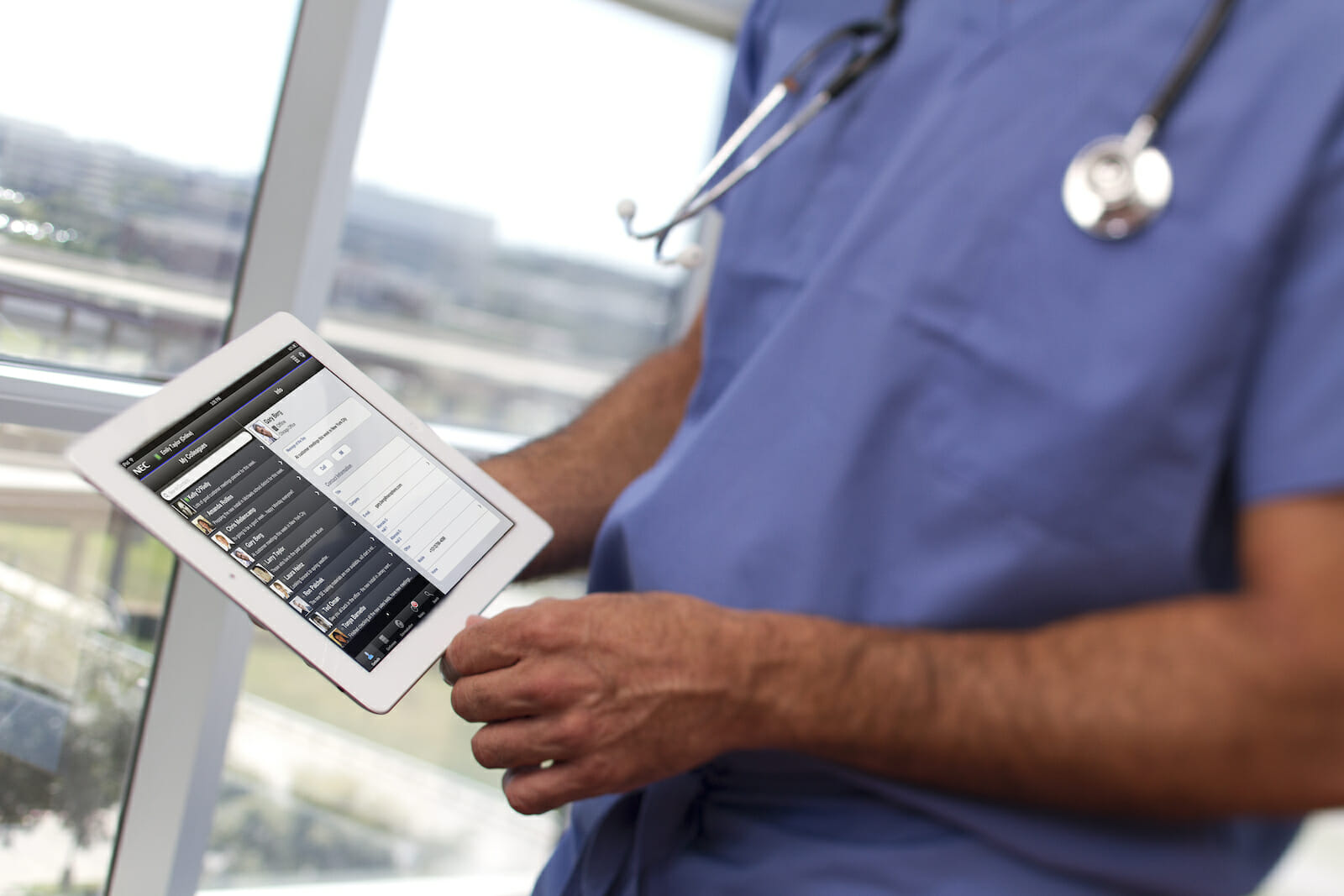
Health
7 Technologies Set to Revolutionize Healthcare in 2019
Technology changes seemingly in the blink of an eye in today’s fast-paced world. Innovations have transformed nearly every industry from education to accounting, and the healthcare business is no exception.
Doctors and other healthcare professionals have long utilized technology inpatient treatment, but today’s innovations trend more toward increasing patient access to care and empowering individuals to take more active roles in their health outcomes. Prescription monitoring technology has enabled providers to slow the opioid epidemic by preventing doctor shopping. Up and coming innovations will improve other areas of medicine from counseling to cardiac surgery. The following are some of the most prominent of these predictions for 2019.
1. Counseling To-Go
Who has time for weekly hour-long sessions on a psychiatrist’s couch? In today’s hectic world, not many folks do. That hasn’t kept the mental health crisis from growing, however.
Online support groups for people with addictions have existed since the earliest days of the internet. But as useful as such groups are, many patients need individual counseling sessions to manage their mental health.
Enter professional counseling apps, which connect patients with therapists virtually. Some allow patients to communicate at any time via chat and messaging, while others mimic traditional couch therapy sessions as patients lie back on their own sofas. Both offer less expensive, more convenient alternatives to standard talk therapy sessions.
2. Telemedicine Improving Specialist Access
A major issue facing patients in rural communities involves the immense distances between themselves and specialist providers. But telemedicine, a technological innovation already used in many such communities, increases access to these specialists without patients needing to drive hours away.
In typical telemedicine sessions, patients report to a local healthcare hub where a nurse supervises a computerized session with a specialist on a screen. Nurses report physical stats like weight, height, age and blood pressure, and the specialist then discusses medications and other treatment options with the patient. This tech doesn’t only benefit patients — it also allows physicians more latitude in selecting living locations based on factors other than proximity to a major metro center.
3. Cloud-Based Medical Records
In the past, patients planning a relocation had to book a visit with their physician to obtain cumbersome paper medical records. But no longer. Many healthcare facilities now provide patients with online portals where they can review and print medical records as needed, and even view medical animations aimed at helping patients gain a better understanding of their conditions.
Many patients previously relied on visits to specialists to interpret test results for anything from complete blood counts to MRI imaging. Now, however, they can sign in and review test results well before their next trip to the doctor. This convenient option provides patients with near-instant peace of mind instead of sweating out test results for days or even weeks.
4. AI for Better Health
In addition to telemedicine, artificial intelligence (AI) technology enables patients to receive certain diagnostic tests from a distance. Some technologically advanced healthcare providers can even perform surgery via robot, a trend likely to grow given the need for affordable access to surgical specialists.
AI also helps train new doctors in surgical techniques and other procedures without risking the health of human patients. Such technology lets fledgling physicians spend more time in supervised practice prior to going out on their own.
5. Consultations from the Couch
One of the most pressing medical issues in the U.S. involves empowering senior citizens to remain independent while their caregivers opt for pricy assisted living facilities. Robotic technology makes it possible for the elderly to stay in their own homes while still having health providers verify compliance with prescribed medications and track changes in vital signs.
We’ve all seen the “Help me, I’ve fallen and I can’t get up,” ads. Similar, though far more advanced, devices now monitor heart rate, blood pressure, and even blood sugar levels. Sensors alert health professionals to potential issues requiring intervention. Some seniors even find their medical robot “friends” help decrease loneliness.
6. Better Health Monitoring Devices
Seniors aren’t the only patients benefiting from improvements in health monitoring technology. Nearly everyone has heard about gadgets akin to glorified pedometers, but today’s tools do much more.
Take, for example, tools that monitor heart rate, ECG data, blood oxygen saturation levels, temperature, and breathing. And forget the old-school body fat scales, which fluctuated so wildly overnight that most users doubted its accuracy. Many such scales today can accurately measure body composition, a nice perk for those looking to build muscle but not necessarily shed pounds.
7. Increased Patient Involvement in Care
Nearly all of the technologies outlined here require some degree of involvement from the patient to work most effectively. Even those electing robotic surgery need to consent fully before having the procedure.
Patients who get involved with their own medical care experience better health outcomes than those who passively expect their physician to act as a kind of auto mechanic for their bodies. Maximizing health outcomes requires making positive lifestyle changes such as smoking cessation and weight loss. Thus, the more patients feel empowered to get involved in their care, the more quickly they’ll achieve their goals.
Tech and Healthcare — an Excellent Pair
As technology advances, its ability to expand healthcare access to more patients will likely result in longer life expectancy and improved quality of life for millions of people. The most effective healthcare marries convenience with patient involvement. Technology bridges the divide between patient and doctor and gives many the ability to make 2019 their healthiest year yet!

